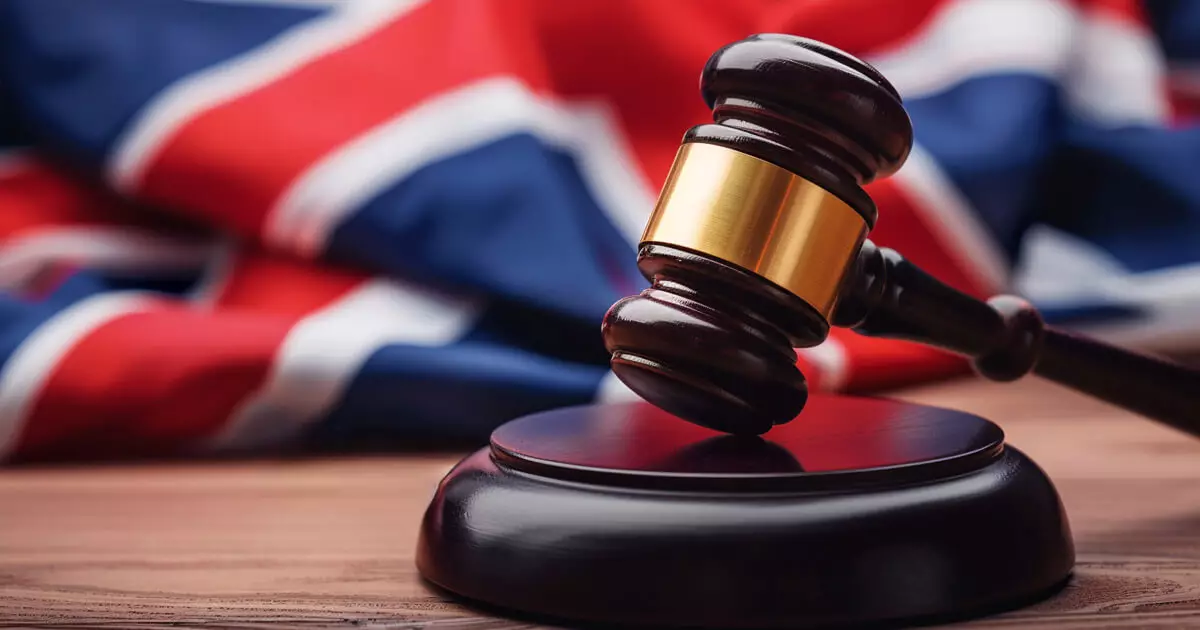The UK Law Commission recently released a scoping paper addressing the potential legal characterization of Decentralized Autonomous Organizations (DAOs) in the country. DAOs are blockchain-based communities created for a shared goal, such as investing in start-ups or purchasing historical documents. This paper raises an essential issue by pointing out the lack of consensus on what a DAO actually is. According to the Commission, there is no agreement on how a DAO should be structured or what a DAO-specific entity would look like. This lack of clarity makes it difficult to apply existing laws to DAOs, highlighting the challenges of aligning innovative technologies with traditional legal frameworks.
The Commissioner for Commercial and Common Law, Professor Sarah Green, emphasized the complexities of defining DAOs and their compatibility with current legal forms. The paper also warned against the risks of adapting existing laws to accommodate new technologies, as these efforts might impede innovation rather than support it. However, the Commission recommended reviewing the Companies Act 2006 and other laws governing business organizations to identify necessary reforms that would facilitate the increased use of DAO technology. By exploring the potential benefits of non-profit limited liability associations like DAOs, the UK could align its legal framework with emerging technological trends while ensuring appropriate governance levels.
While acknowledging that the law of England and Wales already allows for the use of code in corporate governance, the paper suggests that specific reforms may be necessary to fully accommodate the increased use of code for governance and other activities within the UK. The Commission also called for a review of Anti-Money Laundering regulations to assess the potential of distributed ledger technology in achieving policy objectives in this area. Although a DAO-specific legal entity is not currently recommended under UK law, the paper suggests that future projects should focus on ensuring that existing legal structures can accommodate new technologies, such as DAOs, that achieve the same functional objectives as traditional formal requirements.
Solidifying the definition of what constitutes a DAO would address many of the concerns raised by the Law Commission. By reevaluating existing laws and regulations, the UK can position itself as a forward-thinking jurisdiction that embraces technological advancements in corporate governance. While the road ahead may be marked by uncertainties and challenges, the willingness to adapt and innovate in the face of evolving technologies will be crucial in shaping the legal landscape for DAOs in the UK.















Leave a Reply